
Natasha Devon 7pm - 10pm
21 September 2021, 15:24 | Updated: 21 September 2021, 15:36
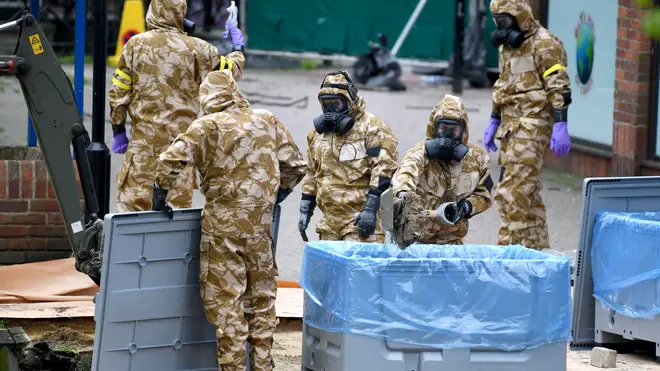
A third Russian today faces charges over the Salisbury Novichok poisonings.
Denis Sergeev faces a string of charges related of the attempted murder of Sergei Skripal, Yulia Skripal and ex-police officer Nick Bailey.
The trio were left fighting for their lives when members of a Russian military intelligence squad are believed to have smeared a deadly chemical weapon on Mr Skripal's door handle in the Wiltshire town.
READ MORE: Third Russian charged over Salisbury poisonings as police name 'elite spies'
READ MORE: Czech police hunt two men wanted over Salisbury Novichok poisonings
Here’s a timeline of the poisonings and the events that followed:
Former Russian double agent Sergei Skripal, 66, and his daughter Yulia, 33, are found unconscious on a park bench by passersby in Salisbury and rushed to hospital.
The pair had spent that day visiting a pub and eating at a Zizzi restaurant. Yulia had arrived in the UK from Russia the day before to visit her father.
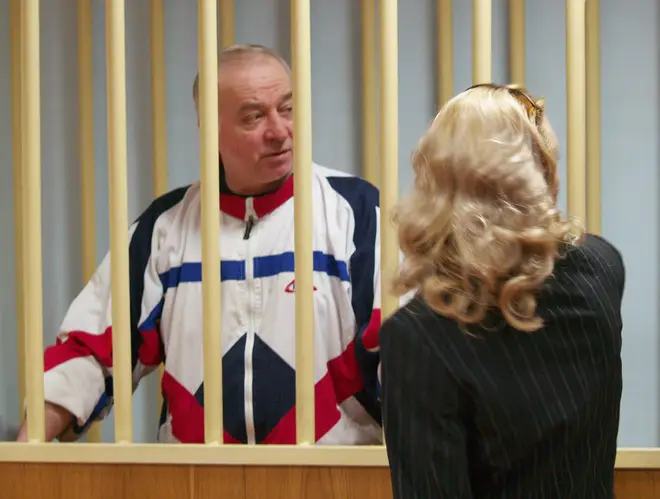
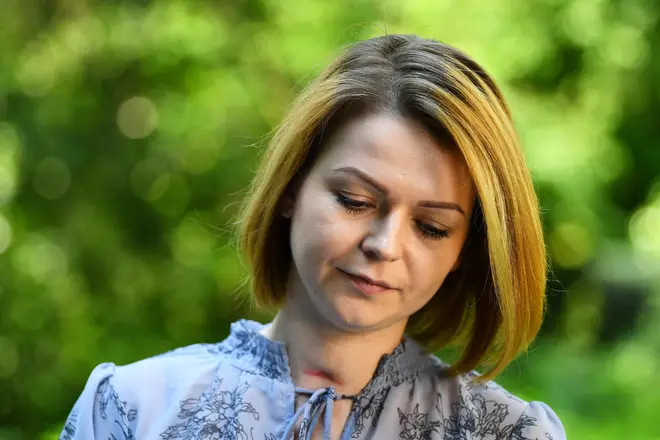
Counterterrorism police take charge of the investigation.
Officers say a nerve agent was used to poison the pair and the case is being treated as attempted murder.
Then home secretary Amber Rudd says Wiltshire Police officer Detective Sergeant Nick Bailey is seriously ill in hospital. He was exposed to the same nerve agent when carrying out an investigation in Mr Skripal's home.
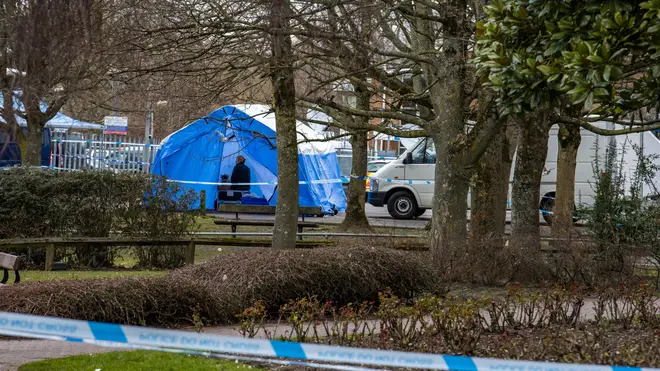
Prime Minister Theresa May reveals in the House of Commons the nerve agent Novichok is of Russian origin and the Government has concluded it is "highly likely" Russia is responsible for the poisoning.
Mrs May tells MPs the UK will expel 23 Russian diplomats, calling the incident an "unlawful use of force by the Russian state against the UK".
The UK, US, Germany and France issue a joint statement blaming Russia for the attack.
Russia expels 23 UK diplomats. The US expels 60 Russian diplomats.
DS Bailey is discharged from hospital but says life will "probably never be the same".
Britain’s allies announce more than 100 Russian agents are being sent home from 22 countries, in what Mrs May calls the "largest collective expulsion of Russian intelligence officers in history".
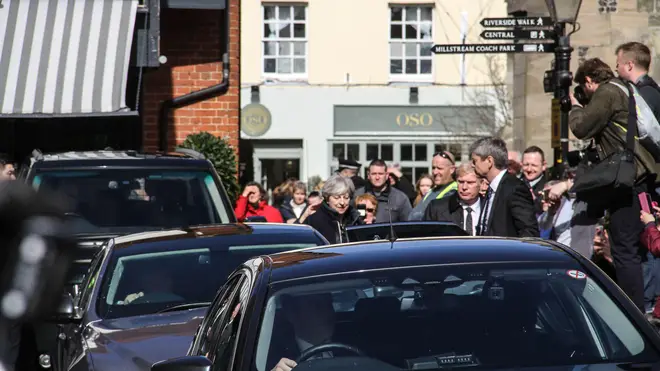
Ms Skripal is discharged from hospital, followed by her father just over a month later.
Dawn Sturgess and Charlie Rowley fall ill at a flat in Muggleton Road in Amesbury, eight miles from Salisbury, and are taken to hospital.
Police declare a "major incident" after revealing Ms Sturgess and Mr Rowley have been exposed to an "unknown substance", later confirmed to be Novichok.
Ms Sturgess dies in hospital after exposure to the nerve agent and a murder investigation is launched.
Police reveal a small perfume bottle from Mr Rowley's flat is believed to have contained the deadly nerve agent. It is later revealed the pair had a "habit of looking into bins".
Mr Rowley regains consciousness and is discharged from hospital later that month.
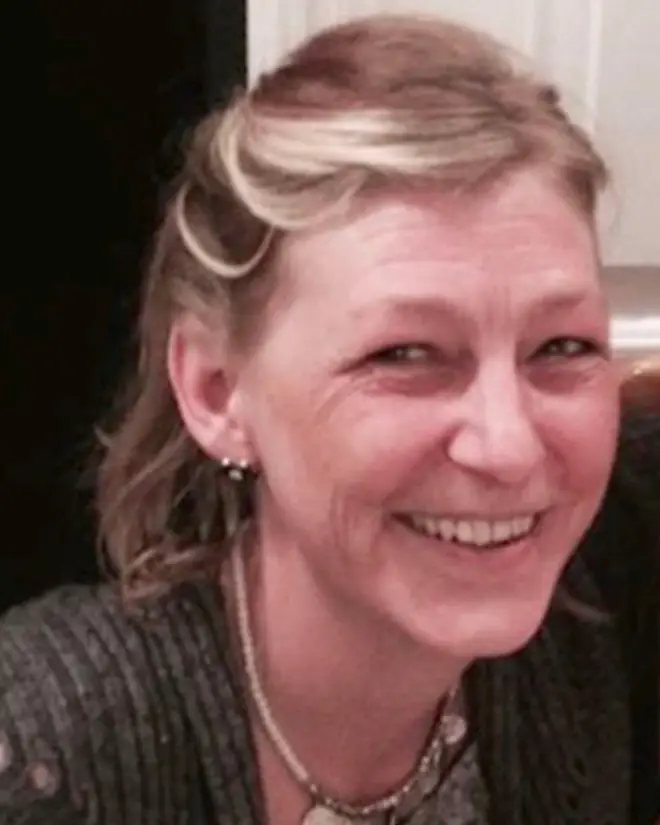
A funeral is held for Ms Sturgess.
Independent investigator the Organisation for the Prohibition of Chemical Weapons confirms the toxic chemical which killed Ms Sturgess was the same nerve agent as that which poisoned the Skripals.
Scotland Yard and the Crown Prosecution Service say there is sufficient evidence to charge two Russians, Alexander Petrov and Ruslan Boshirov, with offences including conspiracy to murder over the attack.
Russian President Vladimir Putin says there is "nothing criminal" about Petrov and Boshirov. Downing Street insists they are GRU officers "who used a devastatingly toxic illegal chemical weapon on the streets of our country".
Petrov and Boshirov are interviewed by Russian state-funded news channel RT in which they claim they were tourists visiting Salisbury.
They said friends had recommended they visit "this wonderful town".
"It's famous for its 123-metre spire, it's famous for its clock - the first clock to be invented in the world, and it's still going," Boshirov said.
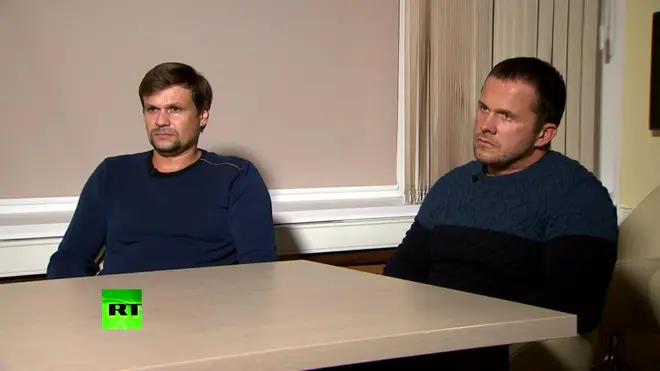
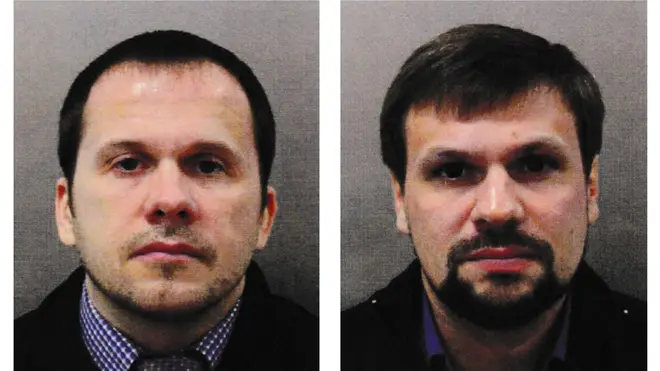
The Ministry of Defence announces Salisbury is to be declared decontaminated of Novichok after an almost year-long military clean-up of 12 sites.
BBC docudrama The Salisbury Poisonings was broadcast over three consecutive nights. Its first episode was reported to have been watched by more than seven million viewers, making it the biggest UK television premiere of the year so far.
Russian opposition leader Alexei Navalny is treated in hospital in Germany after it was suspected he was poisoned with Novichok.
DS Bailey, who had served in Wiltshire Police for the past 18 years, quits the force, citing the 2018 poisoning as the driving force behind his decision.
He says on Twitter he has "to admit defeat", adding the incident in March 2018 "took so much from me".
UK counter terrorism police say they "remain as determined and committed as ever" to bring those responsible for the Salisbury attack to justice.
The UK government announces a third Russian faces charges over the poisonings.
Denis Sergeev, who used the alias Sergey Fedotov while in the UK, is charged with three counts of attempted murder, as well as conspiracy to murder Mr Skripal, causing grievous bodily harm with intent to Ms Skripal and Mr Bailey, and possession and use of a chemical weapon.
These are the same counts faced by Petrov and Boshirov.
Investigators say they now have evidence linking the three to Russian military intelligence service the GRU, and that the trio have been involved in similar operations in other countries including Bulgaria and the Czech Republic.